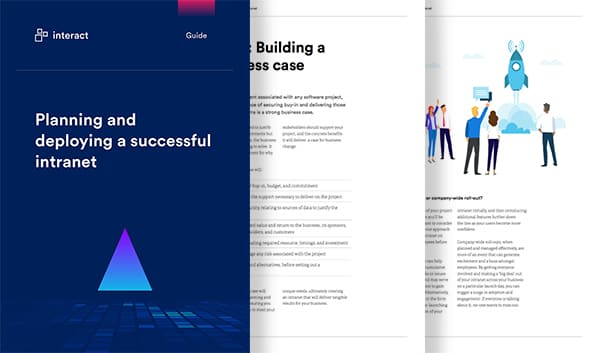The future of data and the establishment of the ‘digital self’
In a world of advertising clutter where consumers are bombarded with marketing messages during every waking moment, the need for brands to cut through the noise has never been greater. The main way in which advertisers are attempting to do this is by speaking to individuals on a one to one basis.
As technologies advance, we are moving towards a future where it will be possible to implement what is becoming known as ‘people-based marketing’ online. The terminology, adopted by Google and Atlas owned Facebook, refers to the ability to target an individual accurately and advertise to them based on their individual preferences.
Beyond the cookie
The majority of online advertising targeting historically has been powered by the cookie. A small text based file stored on your machine, cookies are the cornerstone of web personalisation. Cookies store information about pages visited and website usage, but are also the technology which enables things like remembering passwords.
The problem with cookies is they do not work well in a world of multiple and shared devices; and in the world of mobile web are largely useless.
But as tracking technologies advance beyond the cookie, and more and more services adopt a focus on users having an account to sign in to, the prospect of monitoring behaviour across multiple devices and adopting a ‘people-based marketing’ approach become a reality.
The fight for data control
As we move towards this future, and as the general population begin to realise the way in which their data is being used, they will start to demand control. Currently this control lies in the hands of the data collector, but over the coming years legislative and societal changes will put it firmly into the hands of the owner.
This shift in power will in turn lead to the establishment of a ‘digital self’, with consumers having a full and complete view on the data held on them and who they share it with. Consisting of data from all their activities – both on and offline – as well as purchase, personal and subscription information, the digital self will empower individuals to take full control of their information.
Data as a currency
Once control of the data moves into the hands of the owner, its value will become realised and its use as a currency will become common place. Companies want you to grant them access to your information – and you will want to be incentivised to grant it.
What form this takes will be decided by the industry and the value to the requester. Most likely it will be in the form of discounted products and services. Much like in the case of telematics technology which tracks how you drive, in exchange for discounted insurance if you prove to be a safe provider.
We may be a few years away until the changes required to establish this are made. However, this future will produce a profound change in how we view our personal and usage data – and how we allow it to be used.
We will come to see our data as the valuable asset that it is. What this means for how people allow it to be used, well… that will be down to you.
Rob is the author of ‘The Future of Advertising is You‘
